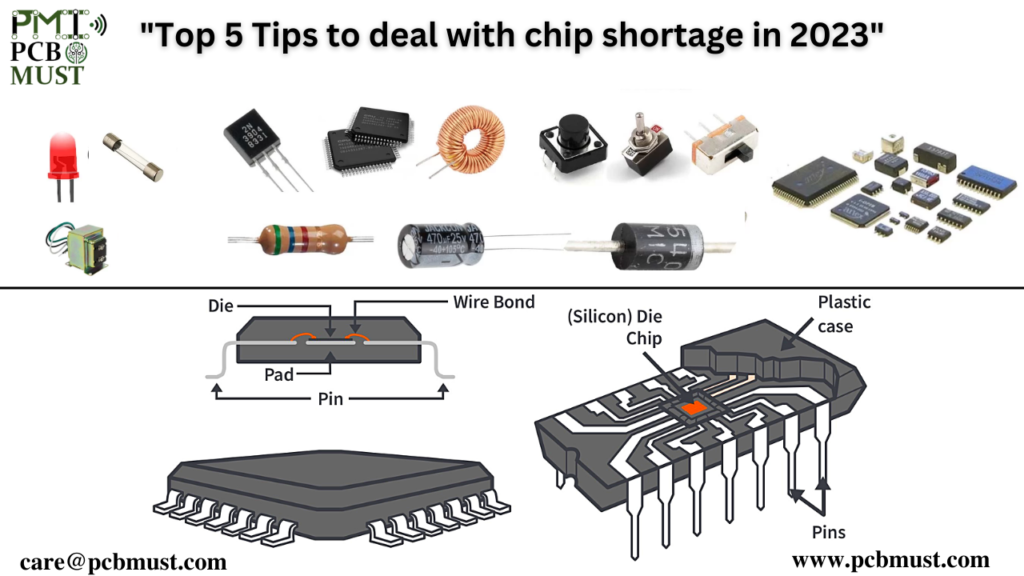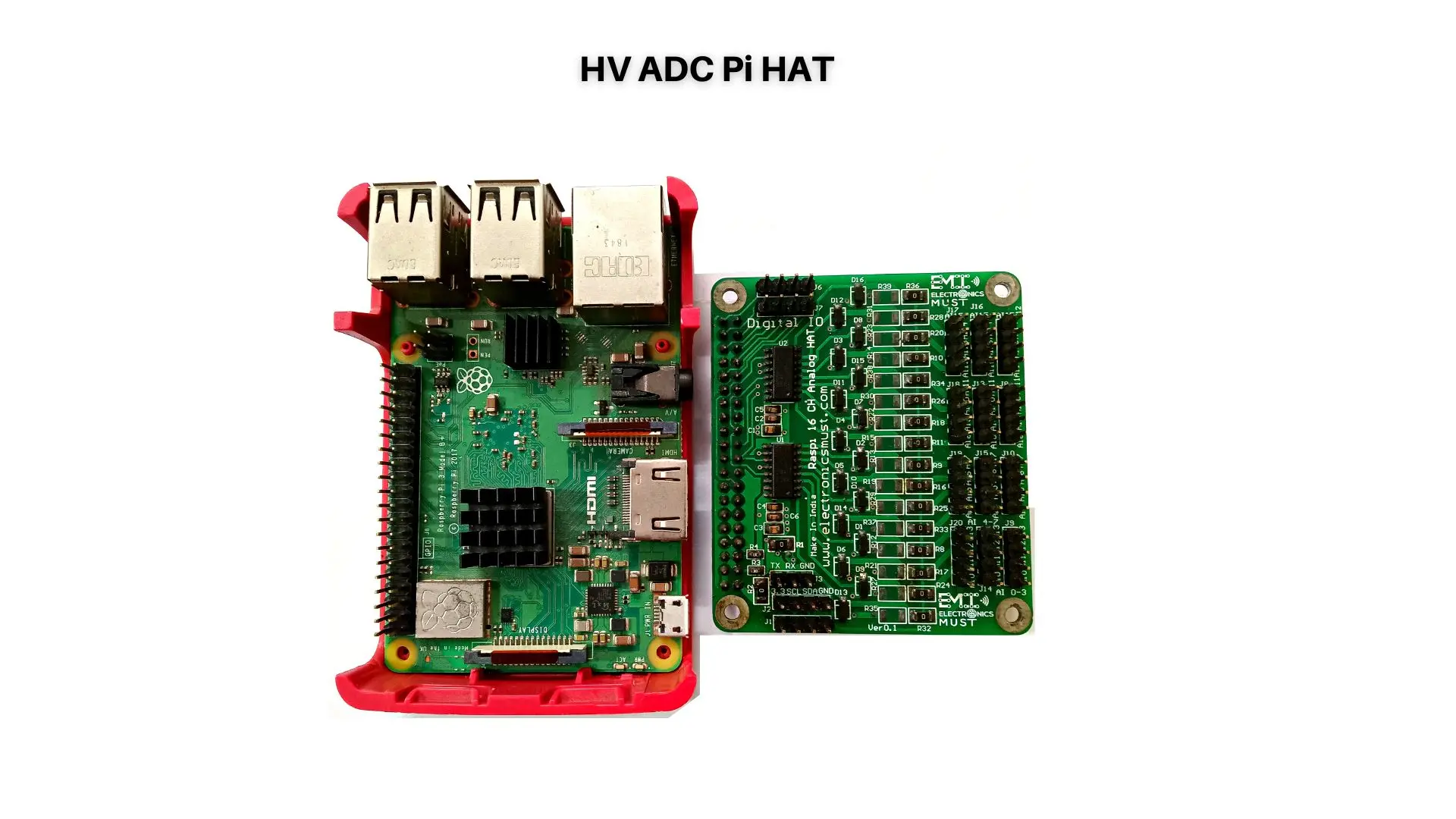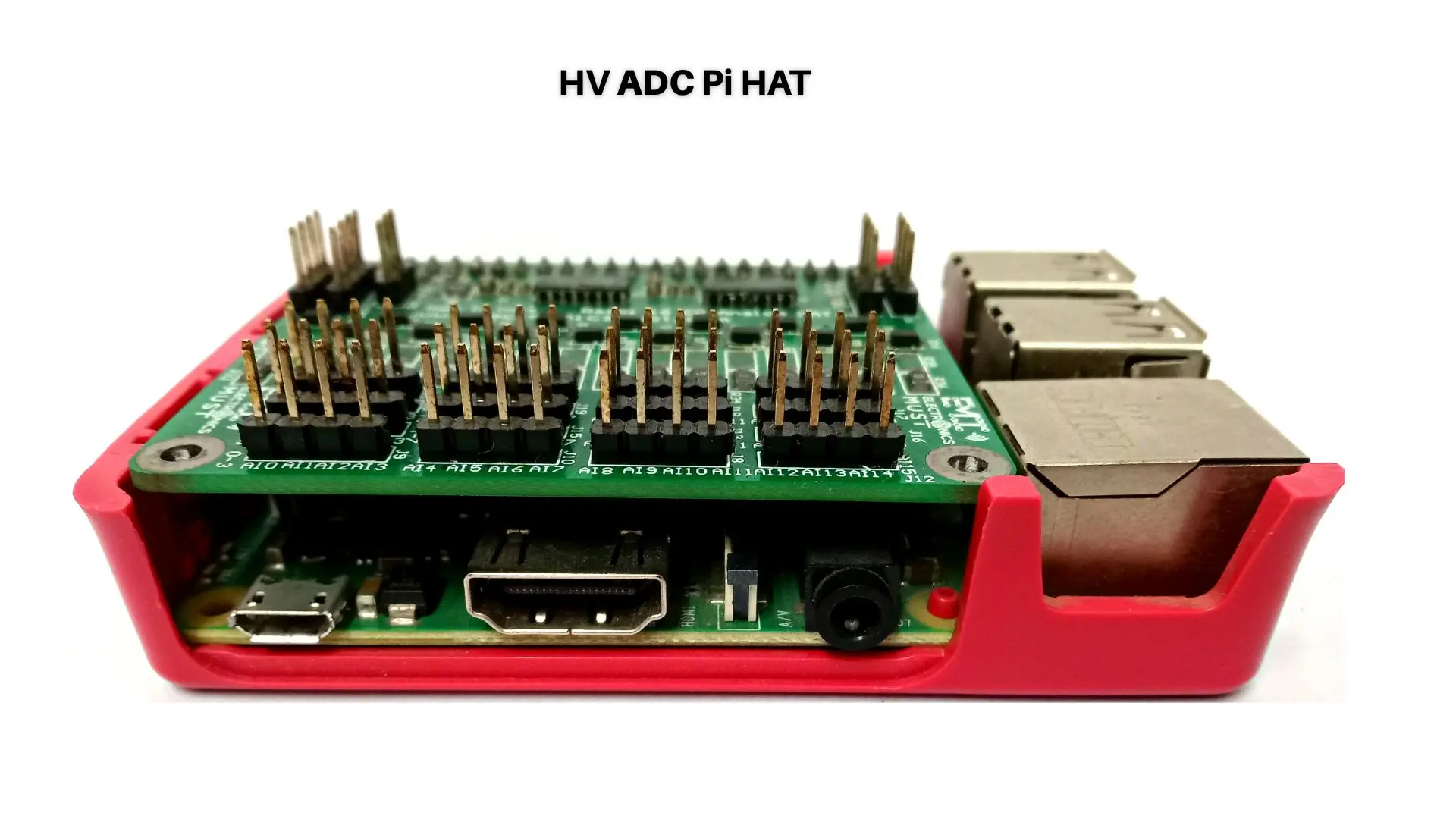As we head into 2023, the global chip shortage shows no signs of slowing down. The shortage has affected industries ranging from automotive to electronics, and many businesses are struggling to obtain the components they need to keep operations running smoothly. If your business is facing this challenge, here are some tips to help you deal with the chip shortage in 2023:
- Diversify your supplier base
Relying on a single supplier for your chips is a risky proposition, especially during a shortage. Look for ways to diversify your supplier base and build relationships with multiple vendors. This will help ensure that you have access to the components you need, even if one supplier experiences shortages.
- Prioritize your most important products
When chips are in short supply, you may not be able to produce everything you normally do. Prioritize your most important products and focus on fulfilling orders for those items. This will help you maintain customer satisfaction and keep revenue flowing.
- Plan ahead as much as possible
The chip shortage is likely to continue into 2023 and beyond. To mitigate the impact, plan ahead as much as possible. Forecast your chip needs well in advance and work with your suppliers to secure the components you need. This can help you avoid delays and keep your production schedule on track.
- Consider alternative components
If you can’t obtain the specific chips you need, consider alternative components that can perform similar functions. For example, you might be able to use an FPGA instead of a custom ASIC, or a microcontroller instead of a full-blown processor. Be creative and explore all of your options.
In case you require more help feel free to contact us
- Build a buffer inventory
Finally, consider building a buffer inventory of chips that you use frequently. This can help you weather temporary shortages and ensure that you have the components you need on hand. Just be careful not to overdo it, as excess inventory can tie up cash and lead to waste.
The chip shortage is a challenging problem, but with the right approach, you can navigate it successfully. By diversifying your supplier base, prioritizing your most important products, planning ahead, considering alternative components, and building a buffer inventory, you can minimize the impact of the shortage on your business. Good luck!






